Century of humiliation still cuts deep into the collective psyche
Updated: 2016-08-19 08:52
By CHEN WEIHUA(China Daily)
|
||||||||
In recent years, African-Americans have taken to the streets across US cities following the fatal shootings or other brutality against black people by police officers. Marches organized by the Black Lives Matter movement were quite noticeable during the recent 2016 Democratic National Convention in Philadelphia on July 25-28.
It may be hard for people to understand the reaction or overreaction of African-Americans if they haven't studied the history of slavery and racial discrimination in the United States. Likewise, it is impossible to correctly interpret the action, reaction and overreaction of Chinese if people haven't studied that part of its history it calls the "century of humiliation".
Although the situation today is entirely different from the 17th and early 18th century or even the 1960s, it cannot mask the fact that African-Americans still face discrimination, as evidenced by the low income and poor education in their communities and the much higher incarceration rate than the nation's average.
To many African-Americans, the struggle for equality and against racial discrimination is far from over. That explains why they tend to overreact if certain words and deeds remind them of the bitter history of slavery.
The National Museum of African American History and Culture, set to open on Sept 24 in the National Mall in Washington, will help people better understand that mentality.
For many Chinese, the "century of humiliation" started with the First Opium War (1840-1842) and lasted until 1949 when the People's Republic of China was founded.
After defeating China in the First Opium War, the British forced the Treaty of Nanking on China. Under the treaty, China ceded the island of Hong Kong to Britain and opened treaty ports. A subsequent treaty granted British extraterritoriality, meaning British were immune from the punishment of Chinese laws. Such unequal treaties were later imposed on China by other Western powers.
The Second Opium War (1856-1860) allowed the British to force more opium trade on China and opened more treaty ports. The looting and burning in 1860 of the Old Summer Palace, known to Chinese as Yuanming Yuan, by British and French troops left indelible marks on the Chinese collective memory.
Likewise, the First Sino-Japanese War (1894-1895). China, which was defeated, was forced to sign the Treaty of Shimonoseki in which China ceded Taiwan and part of the Liaodong Peninsula to Japan. China was also forced to pay a huge war indemnity that was several times Japan's GDP at the time.
While China was among the victors of World War I, the German concessions on Shandong peninsula were transferred to Japan as a result of the 1919 Treaty of Versailles, instead of returning to China.
This Monday, Aug 15, marked the 71st anniversary of the Japanese surrender in WWII. The Japanese invasion of China caused the deaths and injuries of some 35 million Chinese, including the 300,000 unarmed Chinese soldiers and civilians in the Nanjing Massacre.
That was why when Chairman Mao Zedong declared in 1949 that the Chinese people have stood up it resonated so strongly with Chinese who remembered the bullying by Western powers.
Unlike the US, whose history in the last 150 years has been seizing land and expanding territory, for China, it has been a bitter memory of that "century of humiliation".
That explains why Chinese took to the streets to protest against the US following the EP-3 spy plane collision in 2001 and the bombing of the Chinese embassy in Belgrade in 1999, and that is also why Chinese took to the streets when the Japanese government in 2012 nationalized the Diaoyu Islands, territory belongs to China.
The author is deputy editor of China Daily USA. chenweihua@chinadailyusa.com
- Malaysian authorities say ship carrying diesel hijacked
- Army commander: THAAD would 'easily affect' China-US ties
- Twin panda cubs confirmed born in Vienna zoo
- Four killed in boat collision in Greece
- Premier Li to receive Aung San Suu Kyi
- S Korean president names 3 new ministers for partial reshuffle
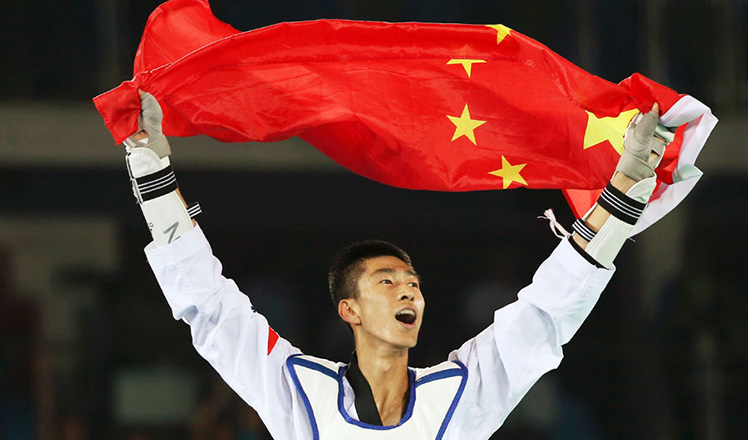
 Zhao wins China's first gold medal in men's taekwondo
Zhao wins China's first gold medal in men's taekwondo
 World's top 10 innovative economies
World's top 10 innovative economies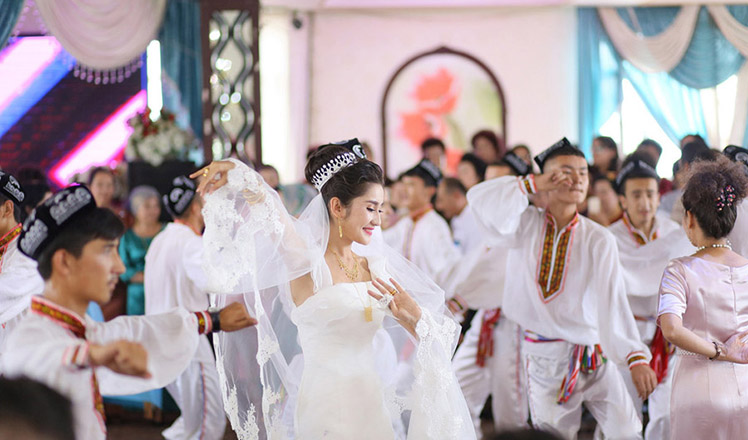
 Dancing, food and religion, all in a Xinjiang wedding
Dancing, food and religion, all in a Xinjiang wedding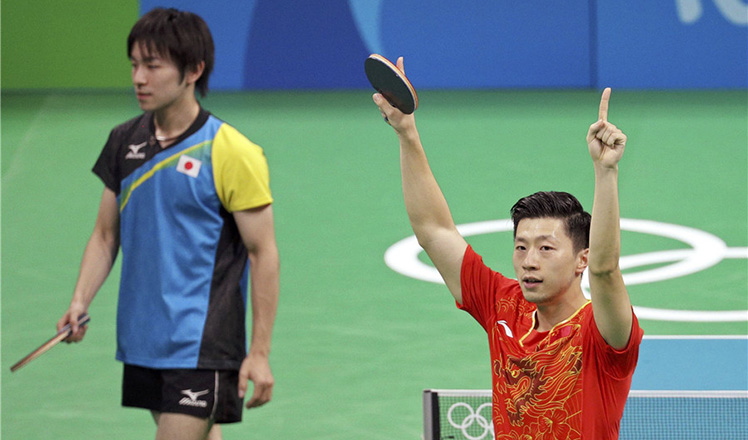
 Men's table tennis overcomes singles loss to win team event
Men's table tennis overcomes singles loss to win team event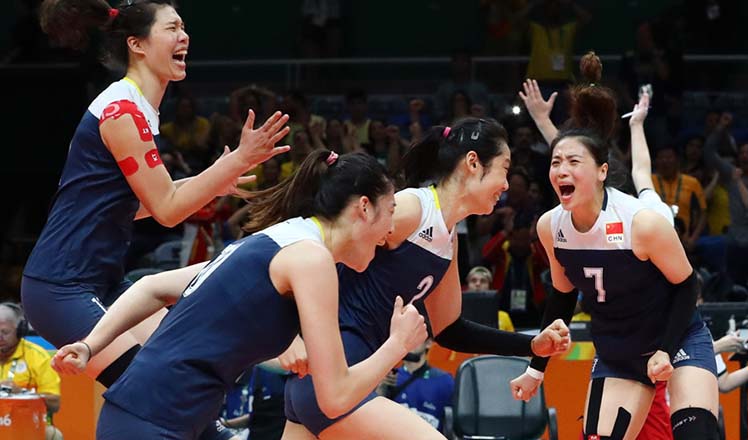
 China edges Brazil in volleyball quarterfinals
China edges Brazil in volleyball quarterfinals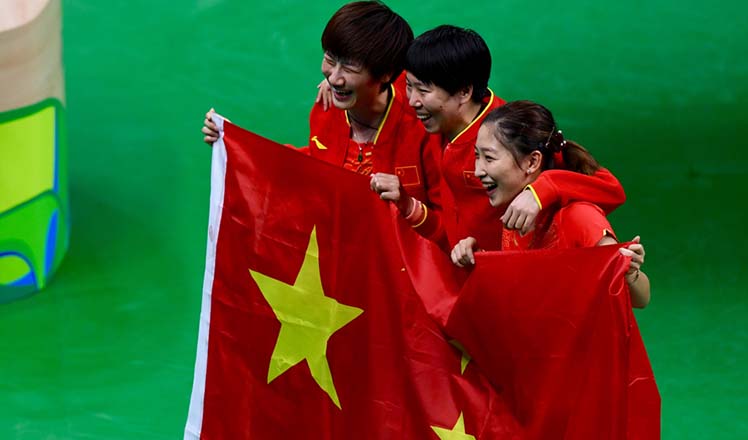
 China's women's table tennis team sweeps gold
China's women's table tennis team sweeps gold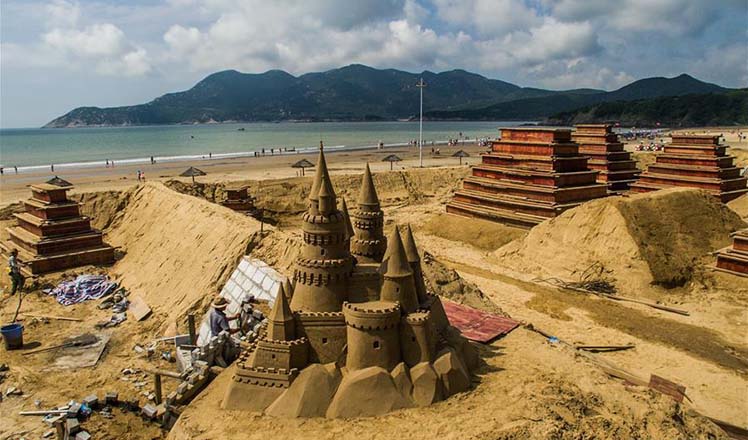
 Artists build sand sculptures to greet upcoming G20
Artists build sand sculptures to greet upcoming G20
 Top 10 biggest auto makers of 2015
Top 10 biggest auto makers of 2015
Most Viewed
Editor's Picks

|

|

|

|

|

|
Today's Top News
Trump outlines anti-terror plan, proposing extreme vetting for immigrants
Phelps puts spotlight on cupping
US launches airstrikes against IS targets in Libya's Sirte
Ministry slams US-Korean THAAD deployment
Two police officers shot at protest in Dallas
Abe's blame game reveals his policies failing to get results
Ending wildlife trafficking must be policy priority in Asia
Effects of supply-side reform take time to be seen
US Weekly

|

|









